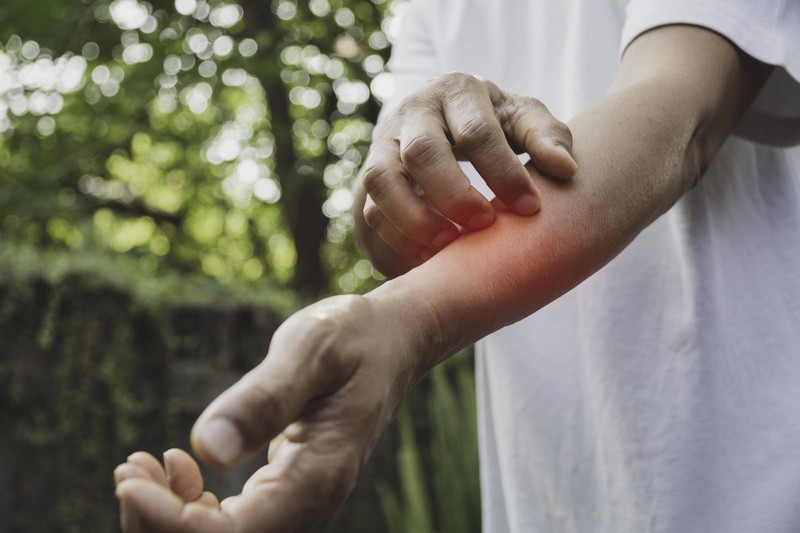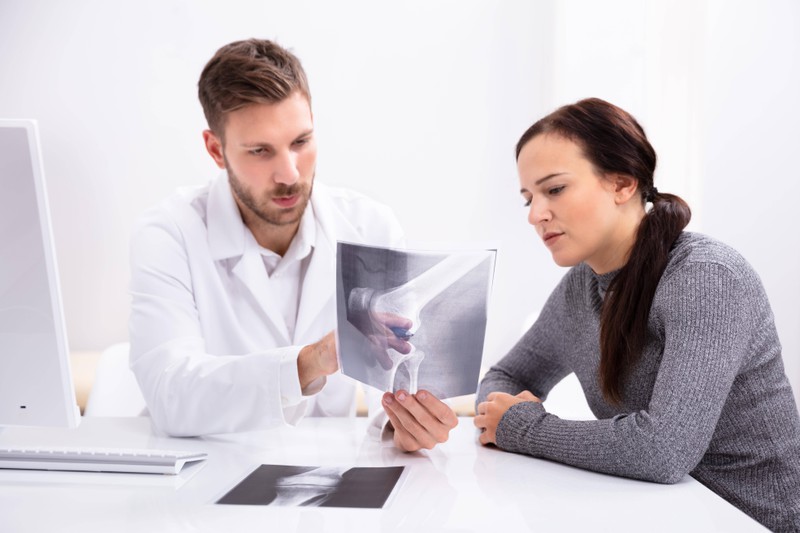7 Seemingly Harmless Symptoms That Can Say A Lot About Your Body
We all know most of the symptoms. While they appear seemingly harmless, these 7 symptoms will tell you a lot about your body

Our body is a fascinating organism that keeps us on our toes with one symptom or the other. But, especially in the case of small symptoms that occur regularly, we often cannot determine the reason and fail to get it checked out. We have selected 7 common – seemingly harmless – symptoms that we frequently encounter and that are rarely properly classified as symptoms.
1. Canker Sore
Small blisters on the mucous membranes of the mouth or tongue, known as canker sores, are unpleasant but not usually cause for concern. However, if they occur more frequently, a deficiency of iron, vitamin B12, folic acid or an immune deficiency should be ruled out by a doctor who performs a blood test.
On the other hand, if canker sores are more severe, dangerous diseases, such as ulcerative colitis, Crohn's disease or Behcet's disease may be causing them.

2. "Sleepy" Body Parts
Do your arms or legs often tingle and go numb quickly? Often, this is because we are sitting awkwardly and thus pinching our nerves. But various diseases can also be to blame: hormonal disorders, vitamin deficiencies, tension or damaged intervertebral discs.
If the tingling is accompanied by pain, dizziness, nausea or skin irritation, you should consult a doctor. Sometimes, these impairments can also be a reminder that we need to move more/better, sit upright, and eat well.

3. Mild Skin Rash
Red patches on the skin appear quickly when we use a new cream or wear an uncomfortable sweater. But the spots can also indicate infections, allergies, skin problems and autoimmune diseases. You may also have an intolerance to a medication that you have to take by prescription.
If you experience itching or pain in addition to the rash, if the area is swollen or if you have other symptoms, you should see a doctor to check for signs. Open sores can also become infected very quickly if left untreated.

4. Eyelid Twitch
Does your eyelid sometimes twitch that much that you can see it moving when you look in the mirror? This can be a sign of stress, eye strain, lack of sleep, too much caffeine (a component of coffee) or simply a need for magnesium. It is usually harmless and you do not need to be examined by an ophthalmologist. If it happens more often, magnesium tablets can help. In fact, eye spasms are caused by a disruption of nerve messengers, such as when you fall asleep and your limbs suddenly twitch.
Only if magnesium tablets have no effect should you consult a neurologist to have the symptoms checked.

5. Swollen Eyes
After a night of drinking alcoholic beverages, you can quickly suffer from swollen eyes. Compressions and drinking a lot of water can help.
But if puffy eyes appear otherwise, it may be due to house dust, dust mites or pet hair. It can also be a sign of high blood pressure, heart failure, hypothyroidism or kidney disease. If eyelid edema occurs frequently, a visit to the doctor is necessary.
Talk to your doctor and let him or her know about your condition so that the right tests can be done.

6. Cracking Joints
When are noisy joints a cause for concern? Many people's joints crack when they kneel, stand or stretch their backs. When we crack our fingers, it is due to gas that forms and retracts when we stretch. In the knee, it cracks because the kneecap doesn't fit into the sliding groove. In the back, these are small joint displacements.
But it's only serious if you feel pain for a long time. You should see a doctor to find out what is causing it.

7. Rhagades/Torn Corners of the Mouth
Rhagades are embarrassing and painful, but they usually heal quickly with oily treatments. You can do this yourself without medical help.
However, if they don't heal, you should see a doctor. Rhagades are also a sign of herpes, fungal infections or bacterial infections. You then need specific treatment to get rid of them.
Cracks in the corners of the mouth often appear after taking antibiotics. But they can also be a sign of a lack of iron or vitamins.
It's not just these common symptoms you need to be aware of: If you have pain or other symptoms, you need to go to the doctor and listen to your body. It will send you warning signals!

